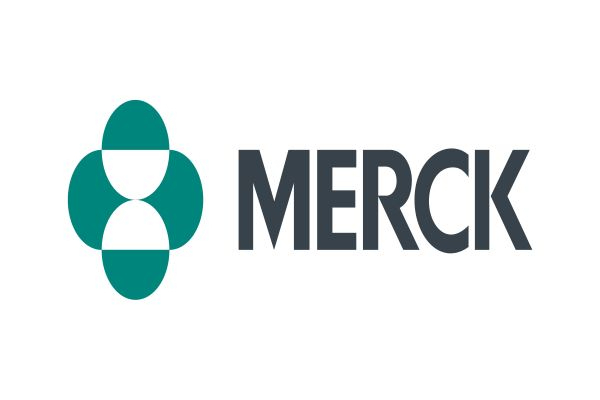The decision to withdraw the BLA is based on topline overall survival (OS) results from the confirmatory HERTHENA-Lung02 Phase 3 trial where OS did not meet statistical significance

The Biologics License Application (BLA) seeking accelerated approval in the U.S. for Daiichi Sankyo and Merck’s, known as MSD outside of the United States and Canada, patritumab deruxtecan (HER3-DXd), based on the HERTHENA-Lung01 Phase 2 trial for the treatment of adult patients with locally advanced or metastatic EGFR-mutated non-small cell lung cancer (NSCLC) previously treated with two or more systemic therapies, has been voluntarily withdrawn.
The decision to withdraw the BLA is based on topline overall survival (OS) results from the confirmatory HERTHENA-Lung02 Phase 3 trial where OS did not meet statistical significance, as well as discussions with the U.S. Food and Drug Administration. The decision is unrelated to the Complete Response Letter that was received in June 2024 and outlined findings pertaining to an inspection of a third-party manufacturing facility.
Patritumab deruxtecan is a specifically engineered HER3 directed DXd antibody drug conjugate (ADC) discovered by Daiichi Sankyo and being jointly developed by Daiichi Sankyo and Merck
Results from the HERTHENA-Lung02 Phase 3 trial, including previously reported statistically significant progression-free survival (PFS) along with topline OS results, will be presented during an oral presentation at the 2025 American Society of Clinical Oncology Annual Meeting on Sunday, June 1, 2025.
HERTHENA-Lung02 is evaluating patritumab deruxtecan monotherapy versus doublet chemotherapy, consisting of platinum plus pemetrexed induction chemotherapy followed by pemetrexed maintenance chemotherapy, in patients with EGFR-mutated (exon 19 deletion or L858R mutated) advanced NSCLC after disease progression with a third generation EGFR tyrosine kinase inhibitor (TKI) treatment. Patients achieving tumor response will continue to receive patritumab deruxtecan or chemotherapy until disease progression, per investigator assessment.
“EGFR-mutated non-small cell lung cancer has proven to be difficult-to-treat in the second-line metastatic setting and beyond,” said Ken Takeshita, MD, global head, R&D, Daiichi Sankyo. “While we are disappointed with the overall survival results of HERTHENA-Lung02, we are conducting further biomarker analyses to better identify patients that may benefit from patritumab deruxtecan to guide our continued development in lung cancer. We remain confident in the broad development program of this HER3 directed antibody drug conjugate, which currently includes multiple clinical trials across 15 types of cancer.”
“Lung cancer is one of the leading causes of cancer-related deaths worldwide and these results are a reminder of how challenging it can be to treat these patients with EGFR-mutated non-small cell lung cancer in the second and later line settings,” said Eliav Barr, MD, senior vice president, head of global clinical development and chief medical officer, Merck Research Laboratories. “We would like to thank the patients, their families, and investigators for their participation in this study.”
The safety profile seen in HERTHENA-Lung02 was consistent with that observed for patritumab deruxtecan in previous lung cancer clinical trials, with no new safety signals identified.

Subscribe To Our Newsletter & Stay Updated